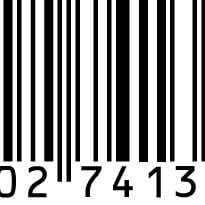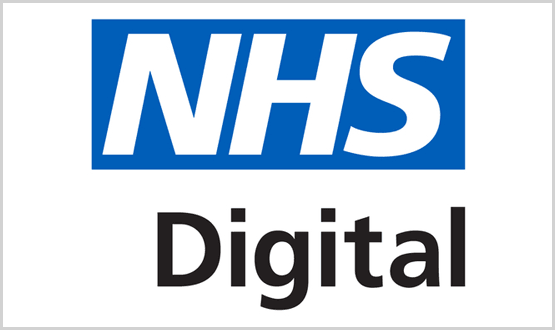NHS adopts GS1 standards
- 29 November 2012

Close to 100% of NHS organisations have adopted GS1 standards for coding supplies into the NHS.
Last spring, NHS chief executive Sir David Nicholson wrote to all NHS trusts recommending the use of standard GS1 barcoding to improve procurement data, stock control and patient safety.
Department of Health informatics directorate Automatic Identification and Data Capture team leader Neil Lawrence told eHealth Insider the programme to “essentially barcode the NHS” has been going on for five years, but has recently picked up pace.
While 98% of NHS organisations are committed to using GS1 coding, trusts have “pockets of adoption.”
“The NHS is the biggest public sector organisation in the world so it would take many years to do everything, but the momentum is gradually increasing as we get more top-end people saying we should be doing this,” Lawrence said.
Nearly 400 hospitals are “actively involved in the programme rolling out solutions using coding,” he added.
In November last year, the Information Standards Board for Health and Social Care approved the AIDC standard for patient identification.
Trusts have until the start of October 2013 to issue every patient with a wristband carrying a GS1 barcode.
Lawrence said trusts do not have to report on whether they have adopted coded wrist bands, but he is aware that at least 86 are using them and said in his experience, adoption is widespread.
“The likelihood of all the trusts being compliant is very high, they have had a lot of notice, everyone gets the point and most solutions can be built using existing systems and hardware,” he said.
Coding means there is an audit trail from the point of creation all the way through to a product’s use on a patient and makes recalls a much simpler process. Blood bags are already tracked in this way.
Lawrence said the aim is to have everything coded and tracked including drugs, devices and NHS assets.
Imminent European legislation saying every medical device must be coded will “really push us on massively,” he explained.
Lawrence believed the combination of GS1 standards with AIDC technology and the approval of the NHS dictionary of medicines and devices as a fundamental standard last Summer, creates the potential to significantly improve patient safety.
The AIDC team have developed an interactive map that shows all NHS organisations that have adopted GS1 standards. http://batchgeo.com/map/b7c2be5e32f37a9f8c8711a00edf380d




